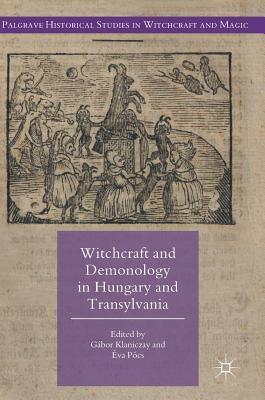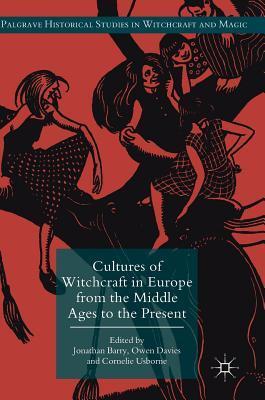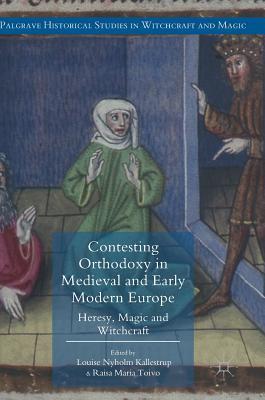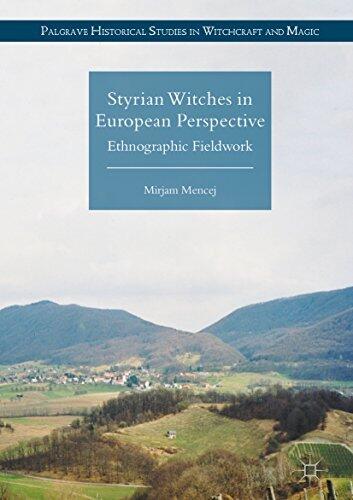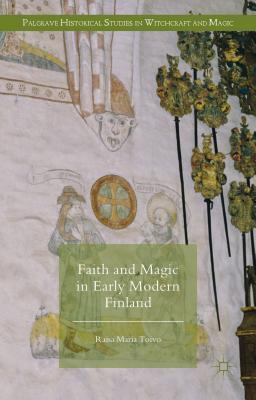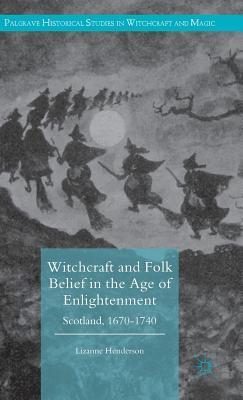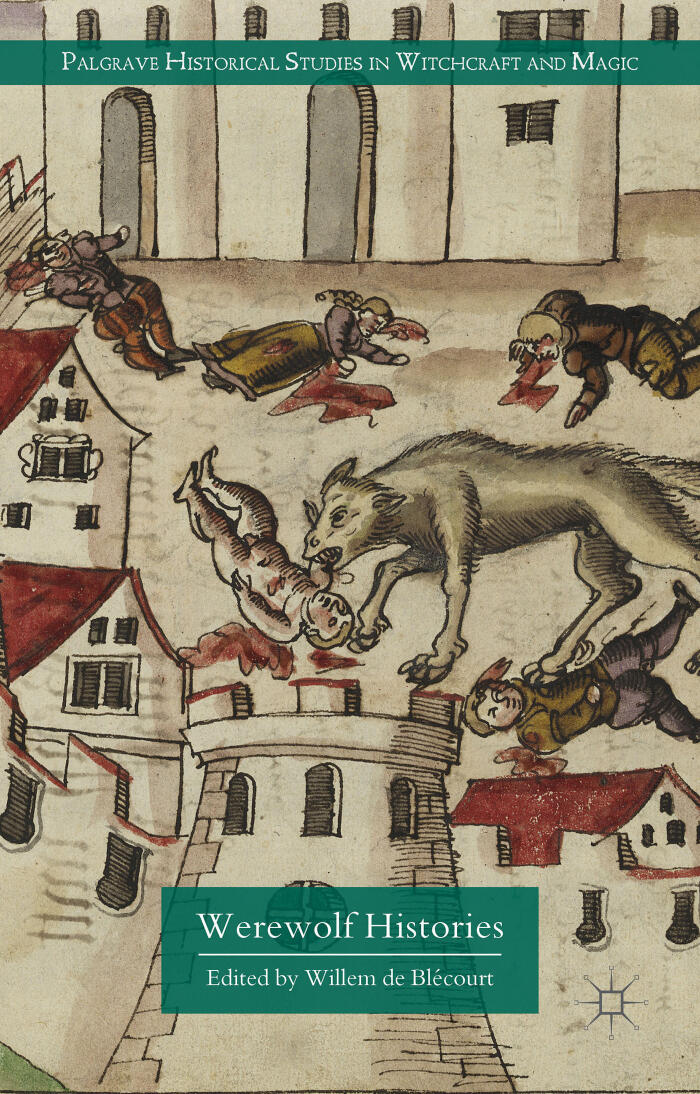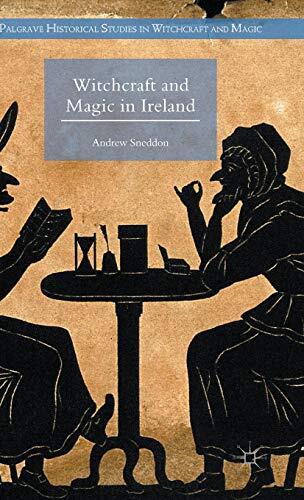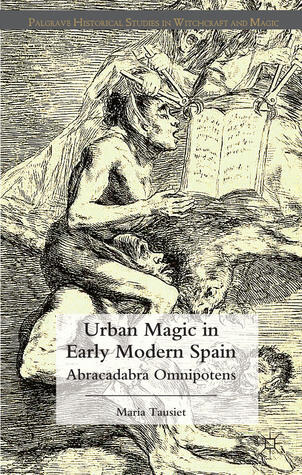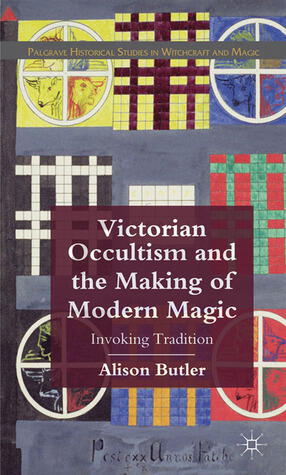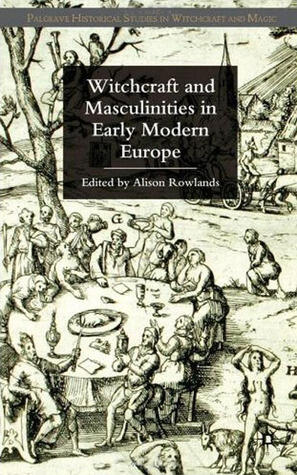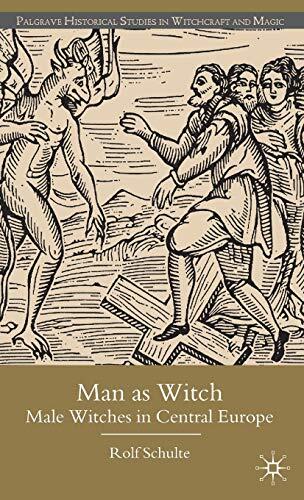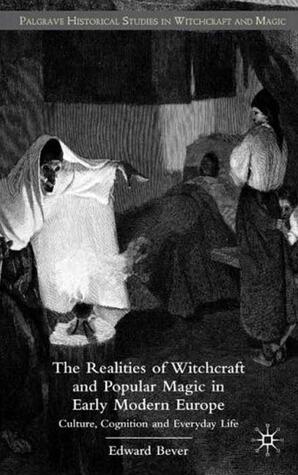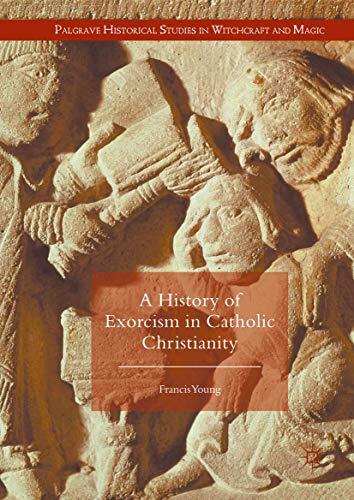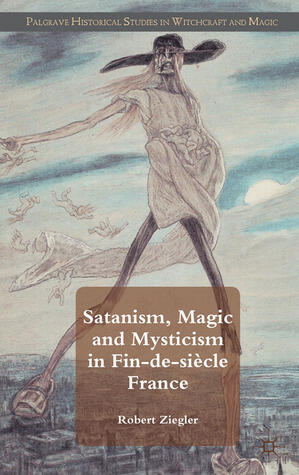
Satanism, Magic and Mysticism in Fin-de-siècle France
작성자
Robert Ziegler
아직 평점이 없습니다
History
Fantasy
형식
하드커버
페이지
235
언어
영어
출판됨
Jun 7, 2012
출판사
Palgrave Macmillan
ISBN-10
0230293085
ISBN-13
9780230293083
설명
In the late 19th and early 20th centuries, France became a hotbed for the exploration of the supernatural, intertwining spirituality with radical shifts in thought. Robert Ziegler's work delves into the rich tapestry of Satanism, magic, and mysticism that characterized this intriguing period. Through an interdisciplinary lens, he examines how these phenomena reflected societal tensions and transformations during a time marked by both turmoil and enlightenment.
Ziegler meticulously tracks the interplay between cultural movements and occult practices, revealing how figures from various backgrounds embraced mystical traditions as they sought meaning amidst an era of rapid industrialization and philosophical questioning. From literary icons to clandestine societies, the book offers insights into the motivations and implications of their engagement with the otherworldly, illuminating how those pursuits shaped artistic and intellectual currents.
As Ziegler articulates the complexities of this period, he unpacks the duality of fascination and fear that held sway over the French psyche, suggesting that the allure of the occult was both a desperate grasp for transcendent understanding and a rebellion against the prevailing rationalism. His exploration invites readers to reconsider the intersections of belief, power, and identity during a transformative chapter in history.
Ziegler meticulously tracks the interplay between cultural movements and occult practices, revealing how figures from various backgrounds embraced mystical traditions as they sought meaning amidst an era of rapid industrialization and philosophical questioning. From literary icons to clandestine societies, the book offers insights into the motivations and implications of their engagement with the otherworldly, illuminating how those pursuits shaped artistic and intellectual currents.
As Ziegler articulates the complexities of this period, he unpacks the duality of fascination and fear that held sway over the French psyche, suggesting that the allure of the occult was both a desperate grasp for transcendent understanding and a rebellion against the prevailing rationalism. His exploration invites readers to reconsider the intersections of belief, power, and identity during a transformative chapter in history.

